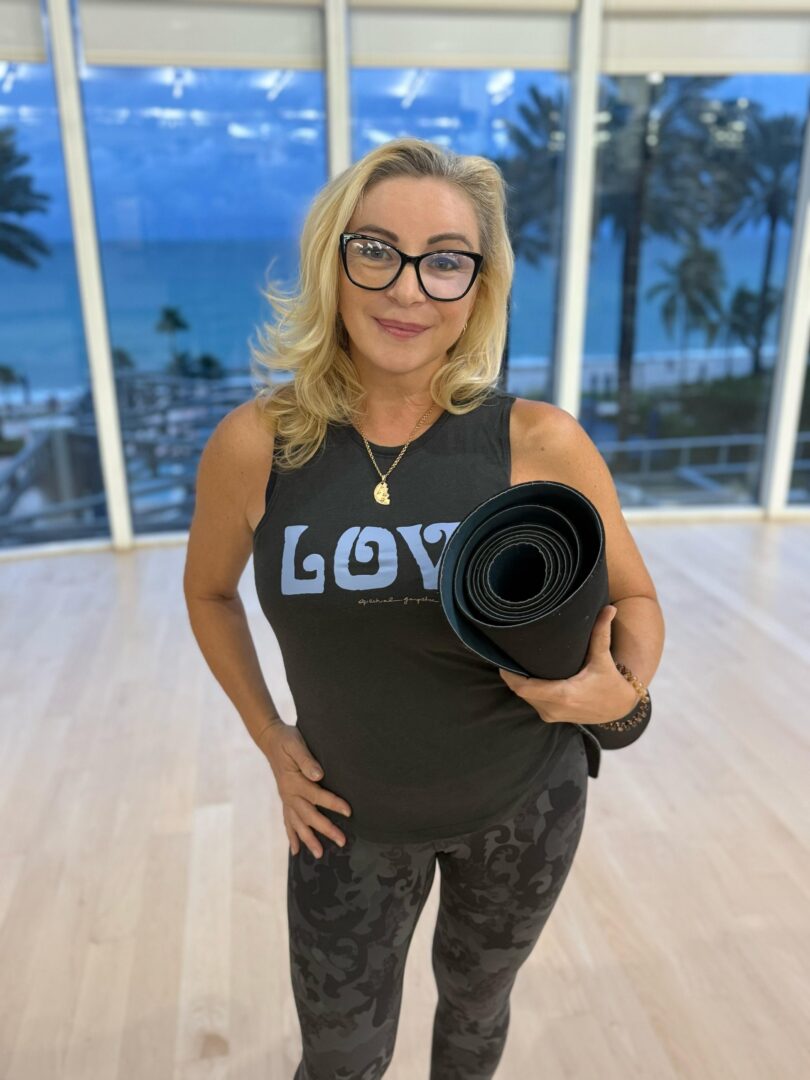We were lucky to catch up with Loreta Medoniene recently and have shared our conversation below.
Loreta, thanks so much for taking the time to share your insights and lessons with us today. We’re particularly interested in hearing about how you became such a resilient person. Where do you get your resilience from?
What is resilience?
For me, resilience is the skill of adaptation. It is the skill of survival. It is the ability to grow through adversity and rebound from hardship. It is not the story of who or what hurt you. It is the story of how you survived, how you recovered, and how you chose to keep going.
My first teacher who taught me resilience was my mother. She raised two daughters on her own while working full-time and knitting at night to earn extra income. As a child, I didn’t understand why she sometimes cried during the holidays like Christmas, with all its lights, music, and decorations, seemed to me a season of joy. But now I know those tears came from loneliness and the weight of hardship. And yet, outside of those few fragile moments, she was strong. She taught us how to persevere, how to keep going, and how to make it through. Despite all the challenges, she managed to put us through schools and even universities.
My country and my people taught me resilience. I was born in Lithuania during the Russian occupation. We were not allowed to sing our songs of freedom, our official language was changed to Russian, and our traditions and religious holidays were forbidden. Yet we quietly kept them alive. We whispered our songs, we celebrated in secret, and we held the spirit of our tribe close to our hearts.
I vividly remember so called cold winter nights in January 1991, when people gathered to protect the Lithuanian radio, TV stations and other key buildings after Lithuania declared independence. Russian tanks were on their way, but we did not run. We stood hand in hand, surrounding the buildings with nothing but our bare bodies. That moment taught me that true strength can be non-violent, that resilience can come from unity, from standing together in courage and dignity. After fifty years of oppression, I witnessed my country regain its freedom and be recognized by the world.
I love to remind myself: “There is a deeper goodness in each badness.” As a teenager, I was diagnosed with severe scoliosis. In Soviet Lithuania, there were no braces or modern treatments, only a rigid plaster bed molded precisely to fit my body I had to sleep in each night. I still remember waking up every morning with numbness due to compression, and my mother crying because doctors told her I was a crippled child, doomed for life. I lived in pain, I was excused from physical education and only attended therapy sessions. Until I discovered yoga. Even now, years later, chiropractors still look at my x-rays in disbelief, because by all logic, I should live in constant pain: my spine not only curves in an “S” but also spirals like a helix. Through yoga, I rediscovered my strength, joy and freedom through movement and meditation. There’s deep wisdom in every pose – it teaches resilience by training the body and mind to stay steady, calm and adaptable. Breath itself is one of my greatest teachers of resilience. When storms rise inside, when anxiety or pain threaten to take over, the breath reminds me to pause, to adapt, to create space.
Beyond the mat, resilience has also revealed itself in my pilgrimages. In 2018, I walked the Camino de Santiago, and the next year the Portuguese Camino. Those journeys mirrored life itself: some days I walked twenty miles, some days only one. But the practice was the same: you get up, dress up and show up, and you walk your path. And you meet people on your way and you wish them Buon Camino. You share food, medicine, laughter, tears – simple sacred things that remind you that “we are walking each other home” as great teacher Ram Das says.
Over time, I’ve learned that resilience is not only about strength but also about compassion. We live in a world where it’s easy to point fingers and blame: “If he would change, if she would do that, then I would be fine.” But yoga and life have taught me something else: the hardest person to change is yourself. For me, resilience also means the ability to stay unprovoked, to resist the temptation to spiral into blame, insult, judgment, or division, and instead to choose calm. To pause, to respect different opinions, and to hold space for one another even when we disagree. And that is my daily activism: to cultivate unconditional love for the person next to me. We all know hate is not the answer, but knowledge alone is not enough. Wisdom must become action.
There is an old story my mother once shared: A dying father handed his sons a broom made of sticks bound together and asked them to break it. No matter how hard they tried, they could not. Then the father untied the broom and snapped the sticks one by one. His final lesson was simple: together you are unbreakable, but divided you will fall. That lesson stays with me. Yoga, too, teaches unity, to stand together, to resist division, to first see clearly what separates us, and then to move beyond it. Only then can we survive the storms of “divide and conquer.” Only then can we heal as humanity.
Resilience is not about having no flaws. I still have mine, and always will. Sometimes the old wounds get triggered, and I “lose my marbles”. But now I have my tools, and I am grateful for all the teachers who gave them to me and taught me how to use them. Resilience is not perfection, it is a lifelong practice. A practice of falling, rising, and choosing again. A practice of breathing through the storms, adapting to change, and returning to peace.
For me, resilience is like the sprout of grass growing through concrete, a powerful metaphor for life’s ability to persevere and flourish in the face of adversity. It symbolizes hope, strength, and the unstoppable nature of growth despite seemingly insurmountable obstacles. Just as a fragile plant finds a way to push through hard, man-made barriers to reach the sun, so too can individuals and communities overcome hardship, whether it is poverty, discrimination, or personal wounds. That is the essence of resilience: the quiet, steady insistence of life itself to keep reaching for the Light.
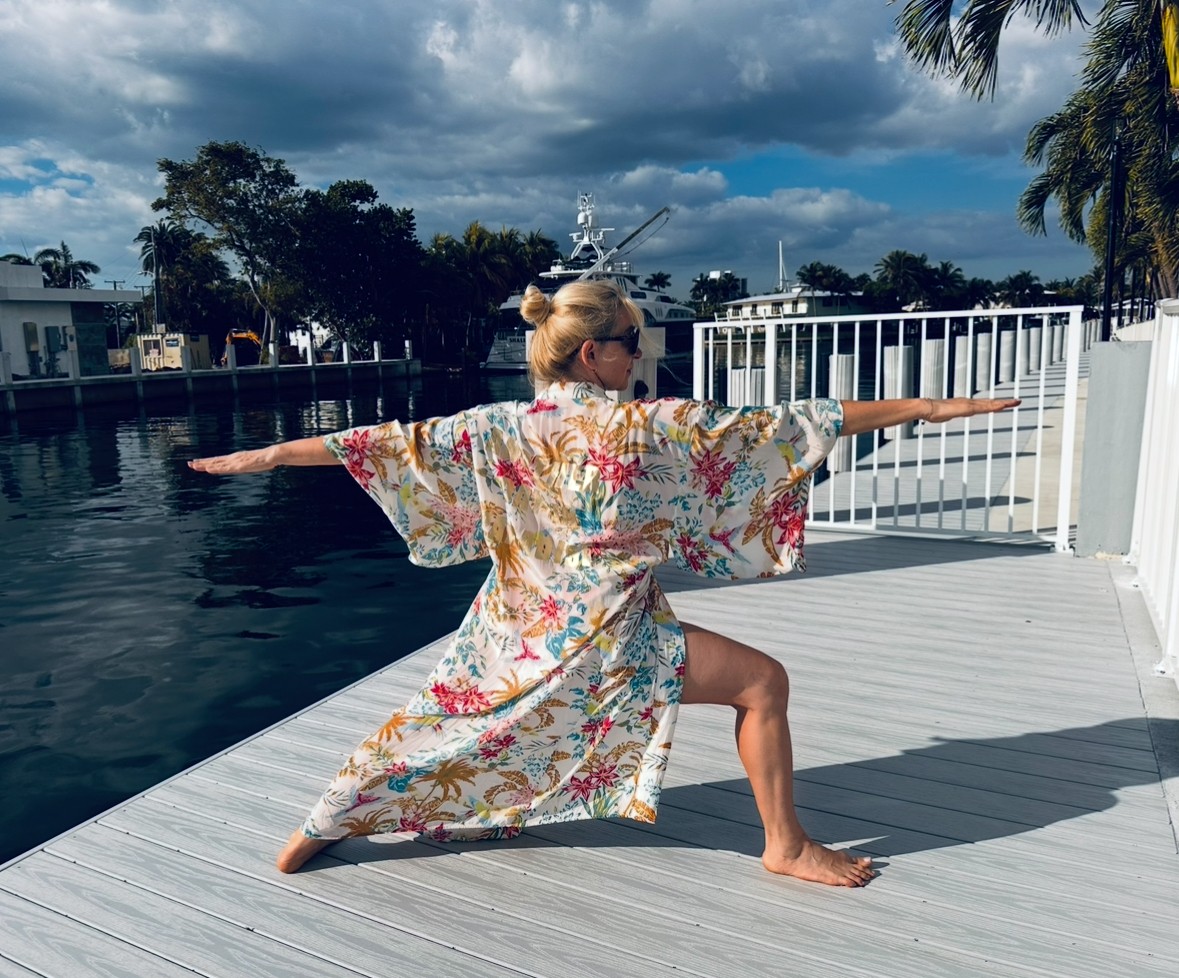
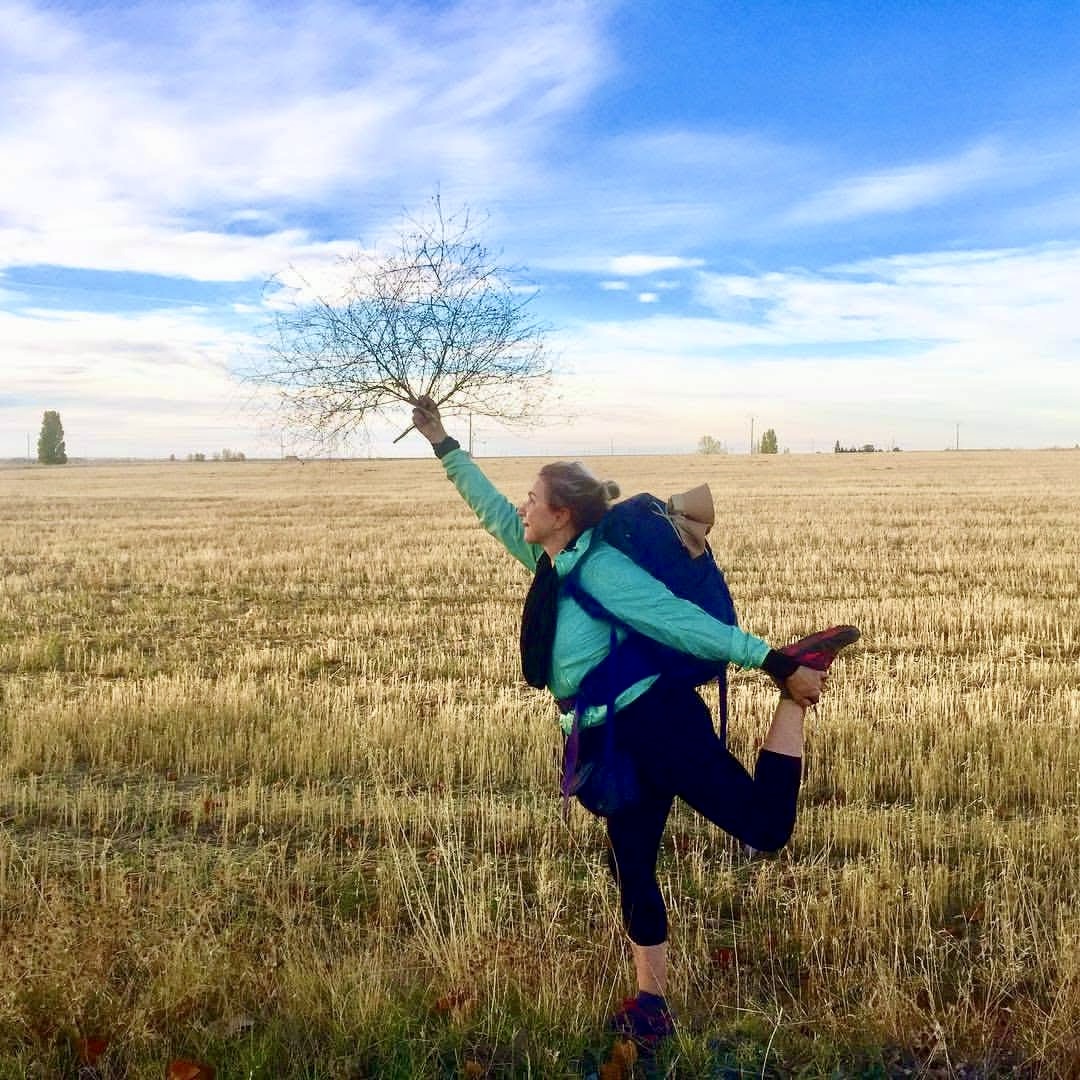
Thanks, so before we move on maybe you can share a bit more about yourself?
Academic teacher by profession, with many years of experience and extensive training in yoga, Loreta skillfully crafts classes for all levels – from beginners to advanced yogis, offering a range of styles, from dynamic power yoga to deep restorative relaxation. She incorporates healthy alignment, mindful movement, breathwork, and meditation to encourage positive daily habits that enhance overall health of her students.
Besides teaching 18 group and private classes weekly, she facilitates Yoga Teacher Trainings and curates Yoga retreats.
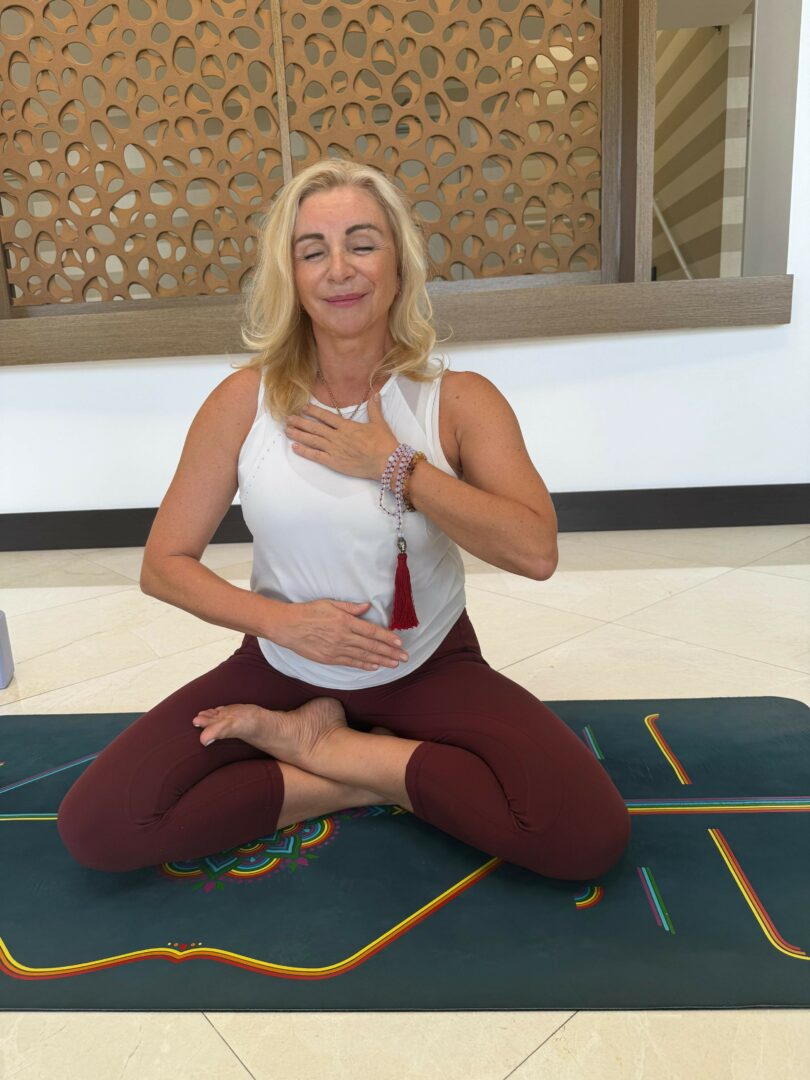
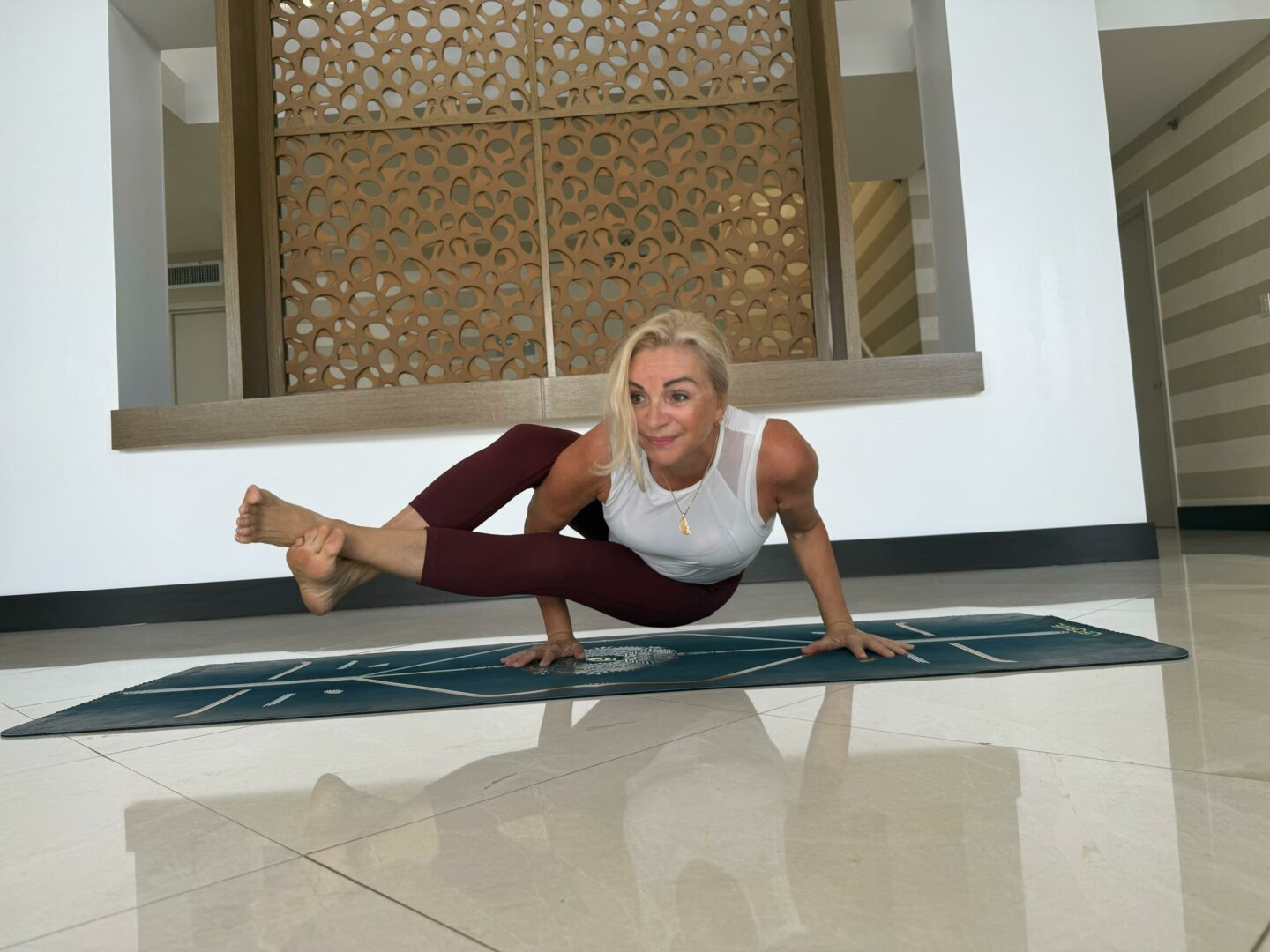
If you had to pick three qualities that are most important to develop, which three would you say matter most?
Looking back, the three most impactful qualities that shaped my journey have been resilience, compassion, and self-awareness.
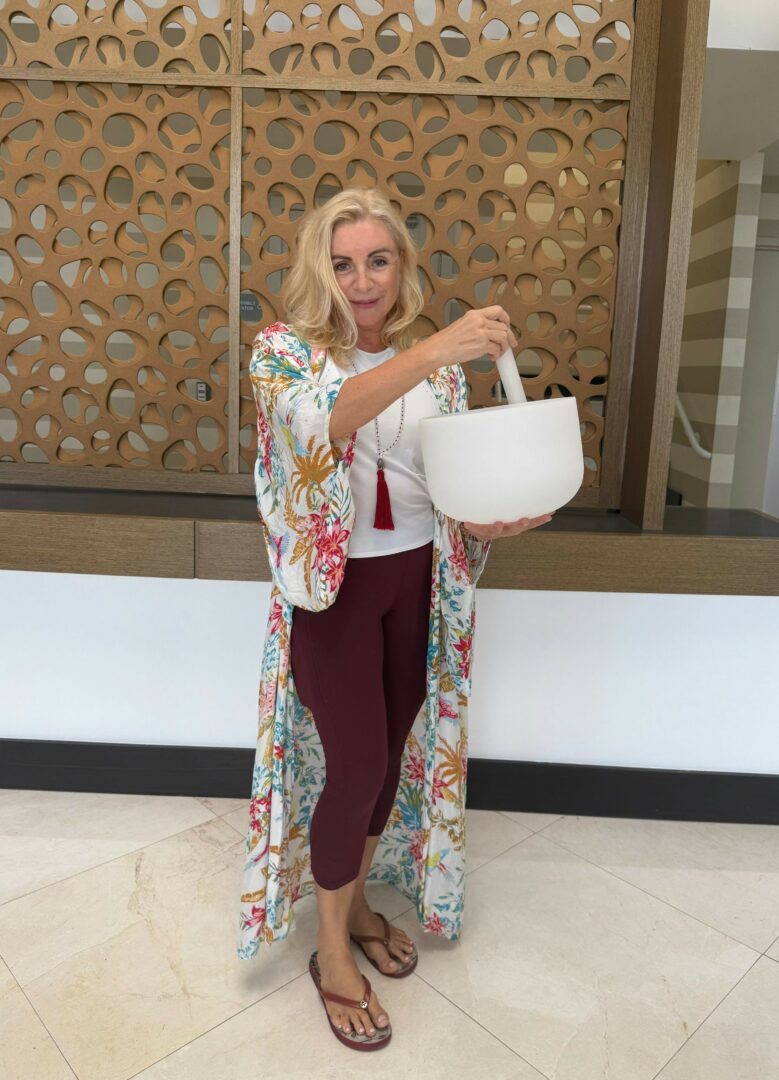
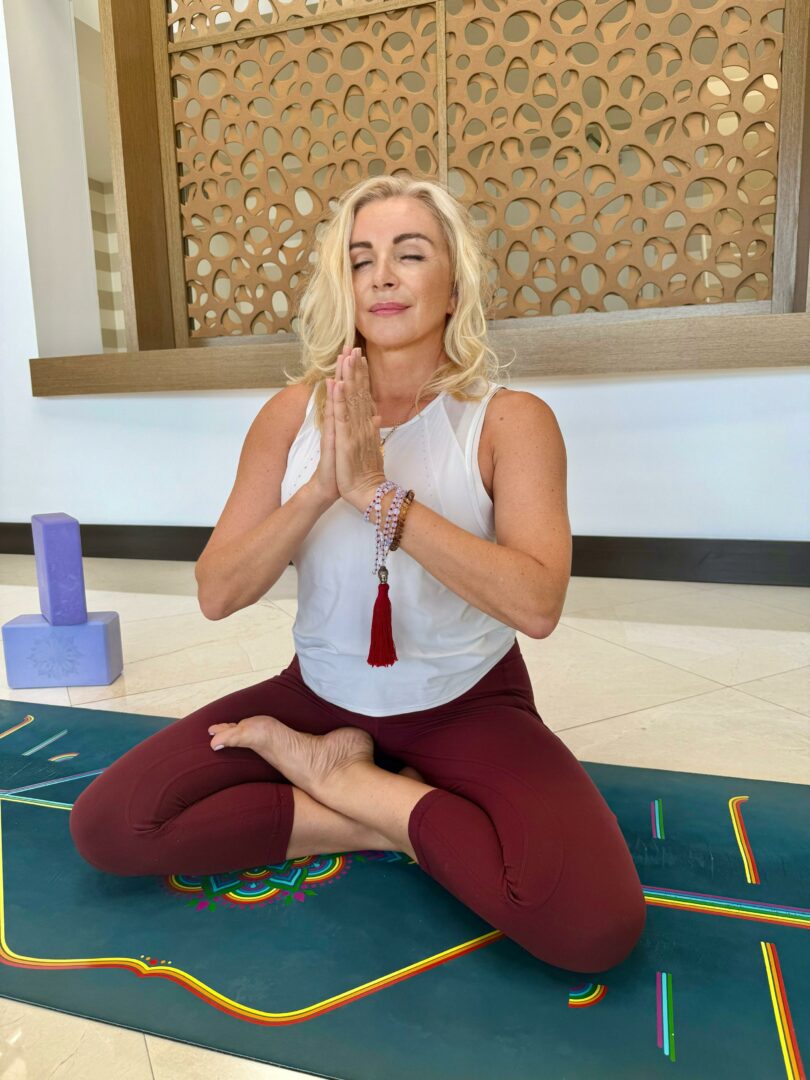
Who has been most helpful in helping you overcome challenges or build and develop the essential skills, qualities or knowledge you needed to be successful?
Each teacher, from my mother to my yoga mentors to life itself, has helped me cultivate what I now call the art of staying unprovoked, of meeting the world with steadiness and compassion.
Contact Info:
- Website: https://joyfulheartretreats.com/
- Instagram: @yolo_lotus
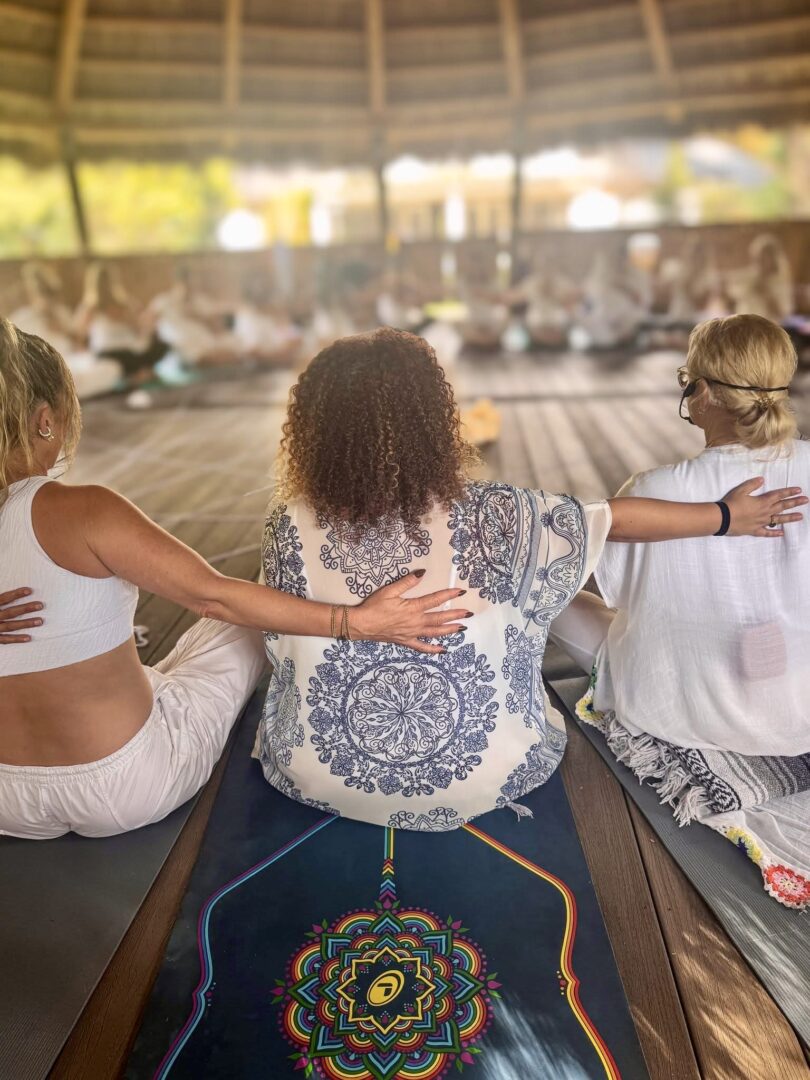
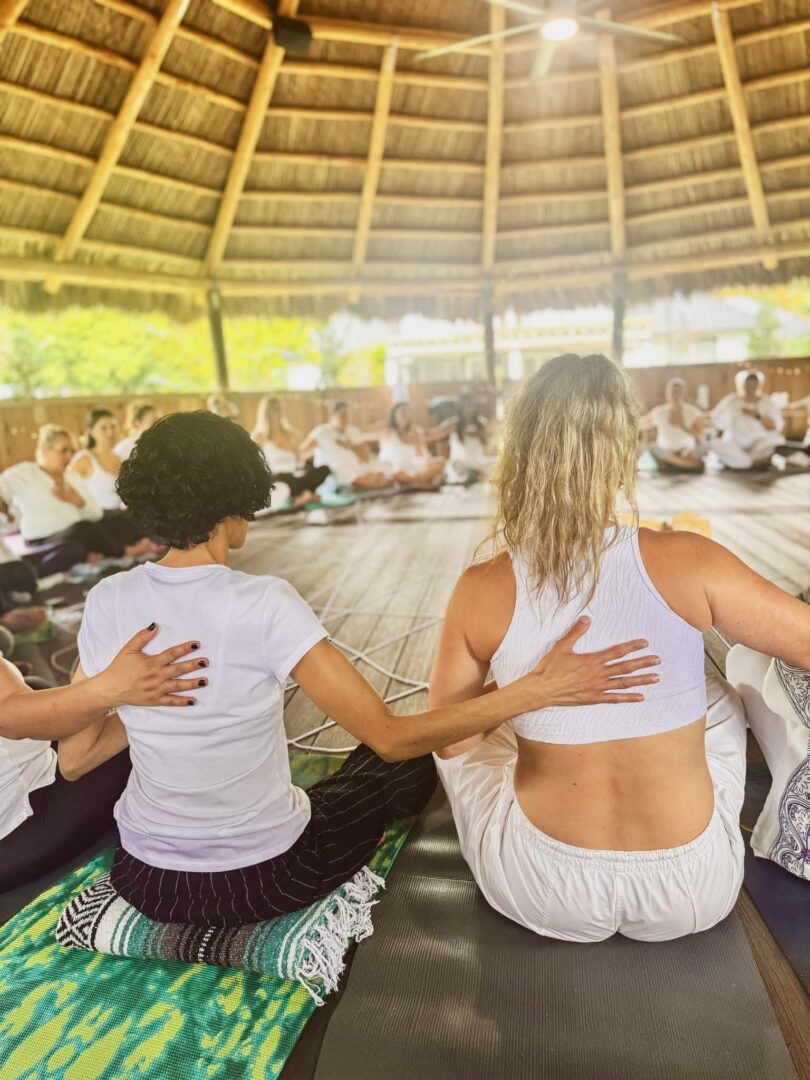
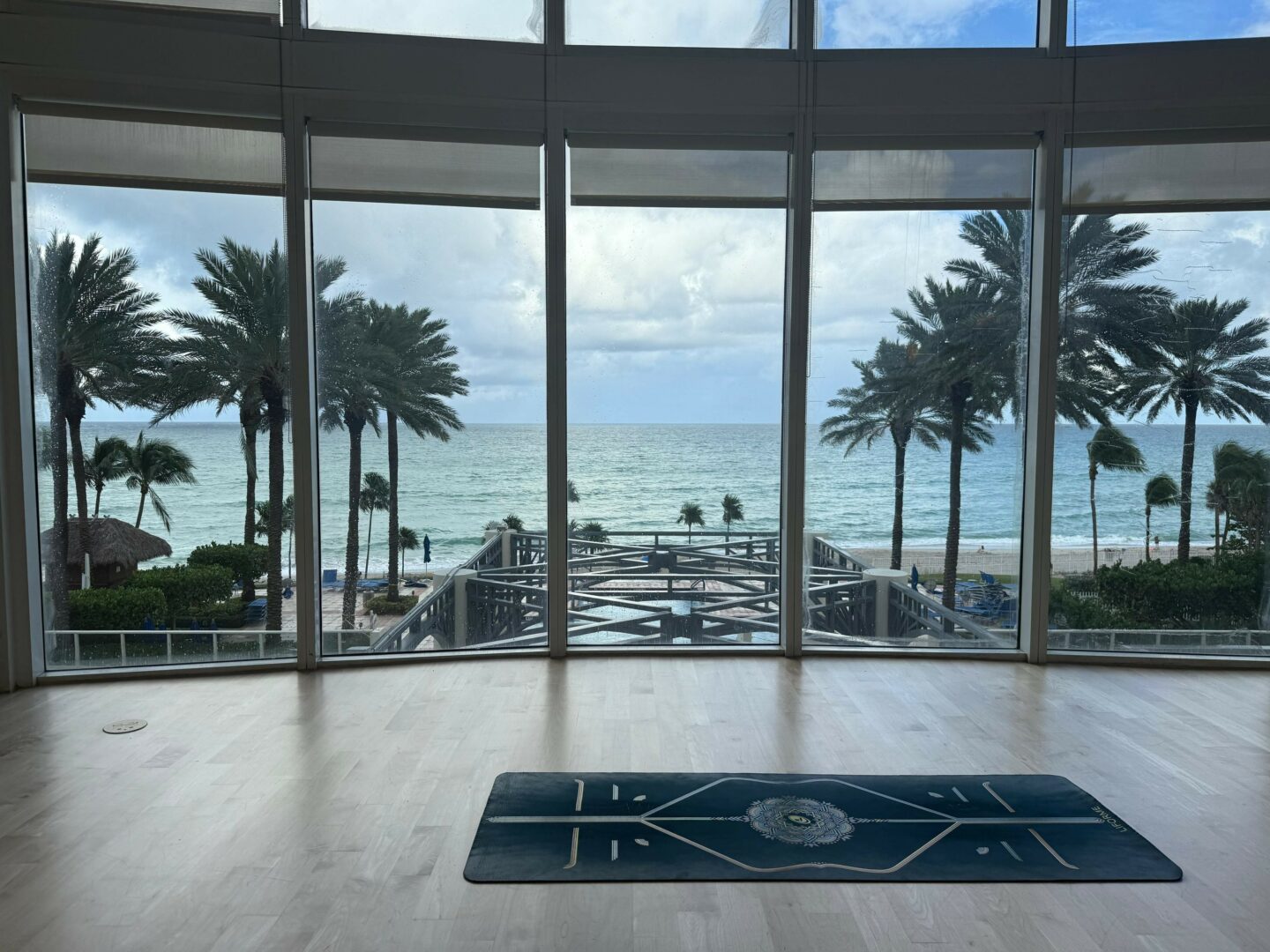
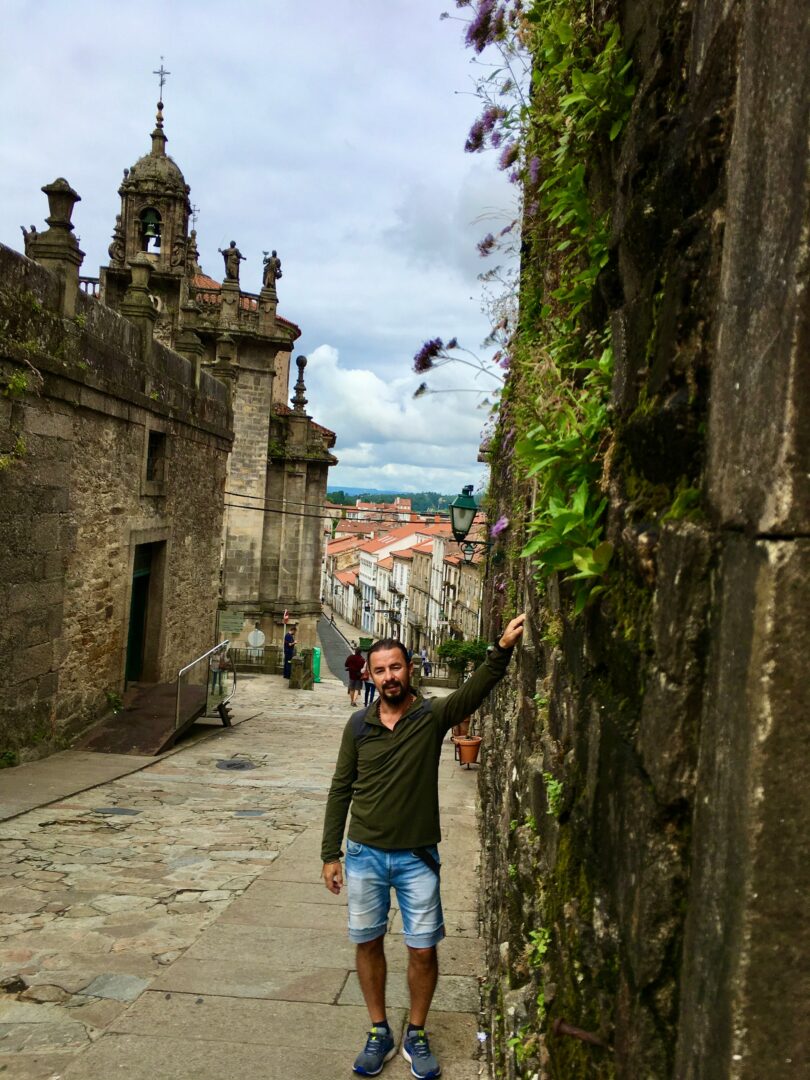
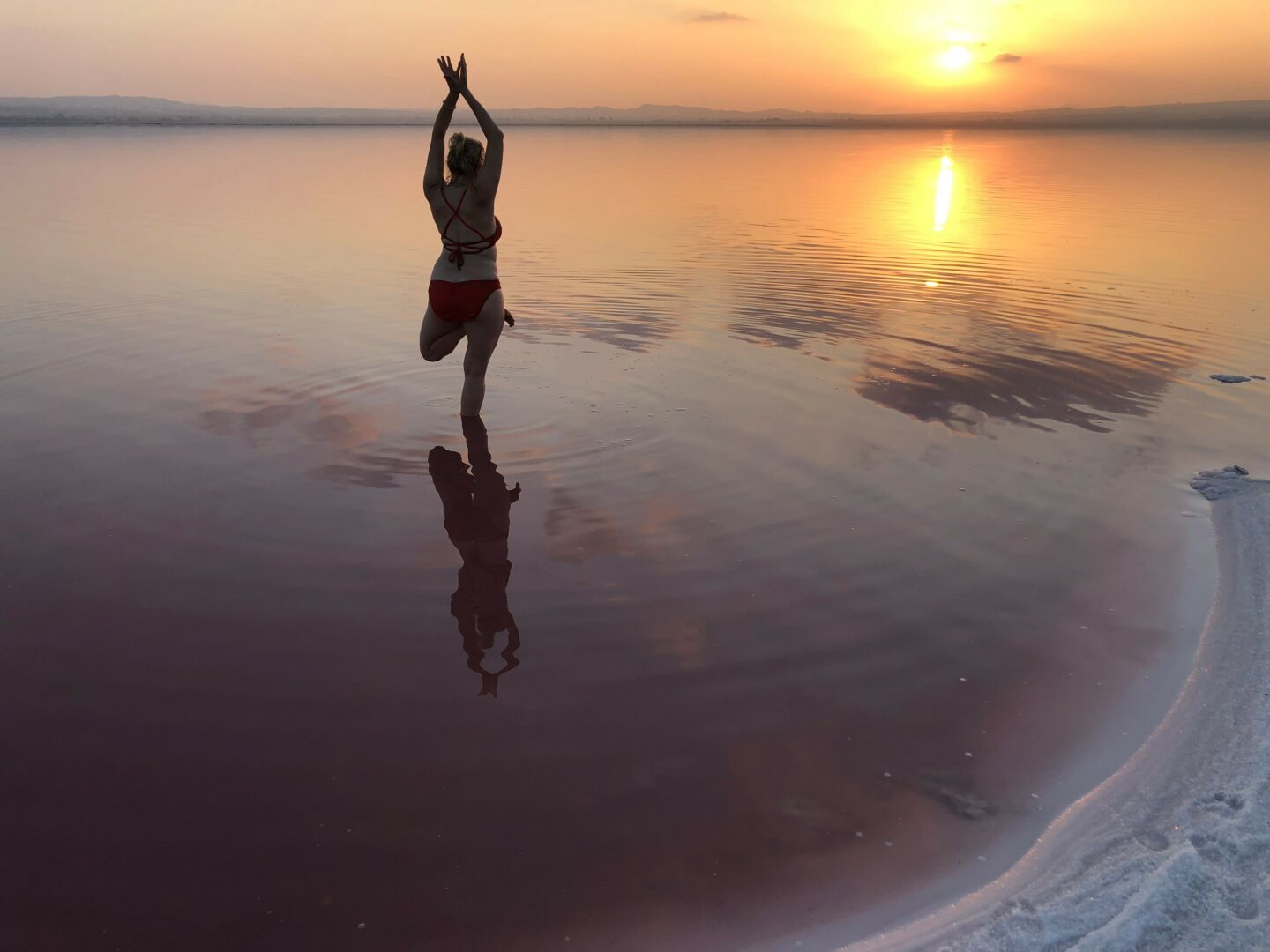
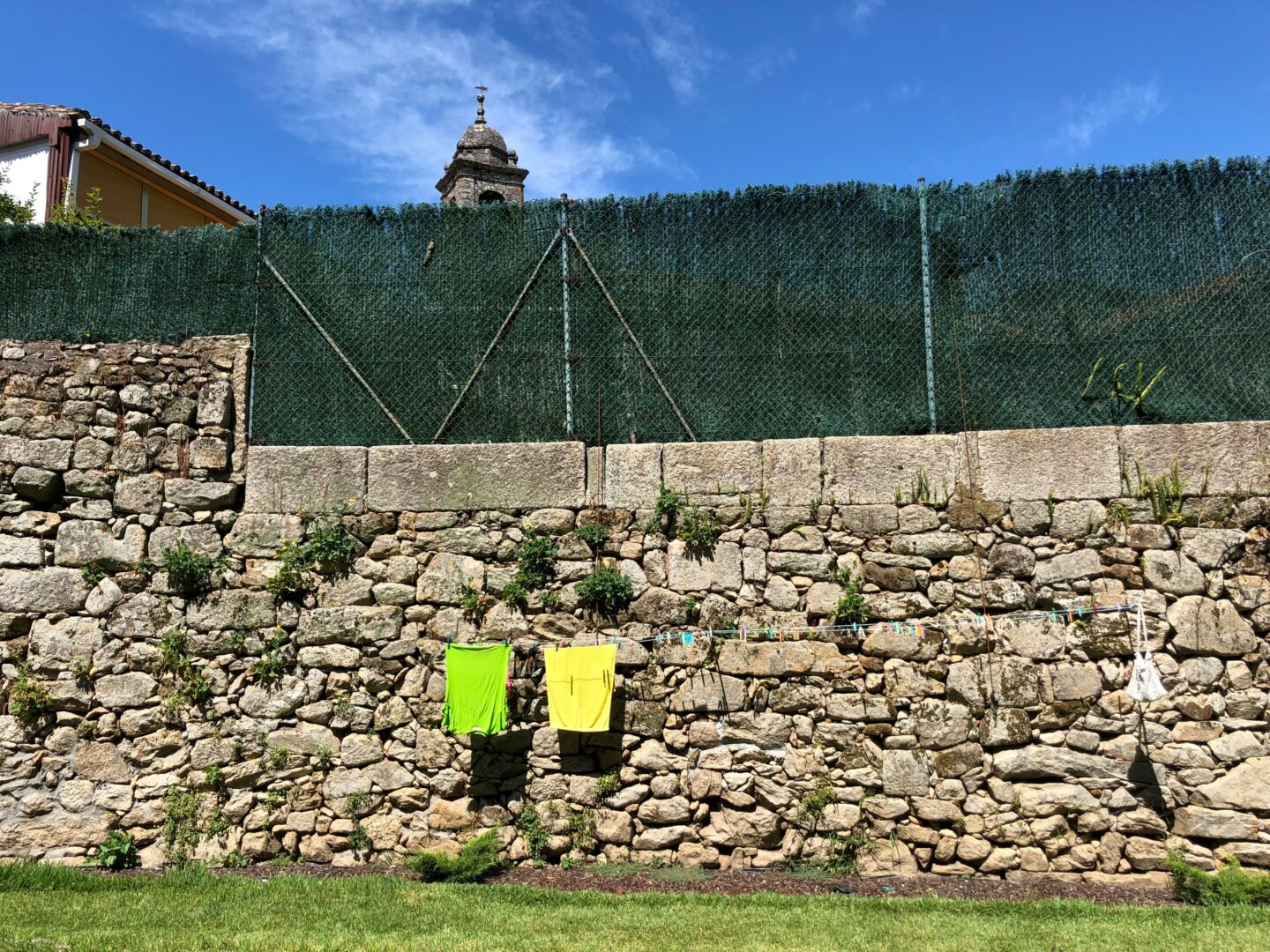
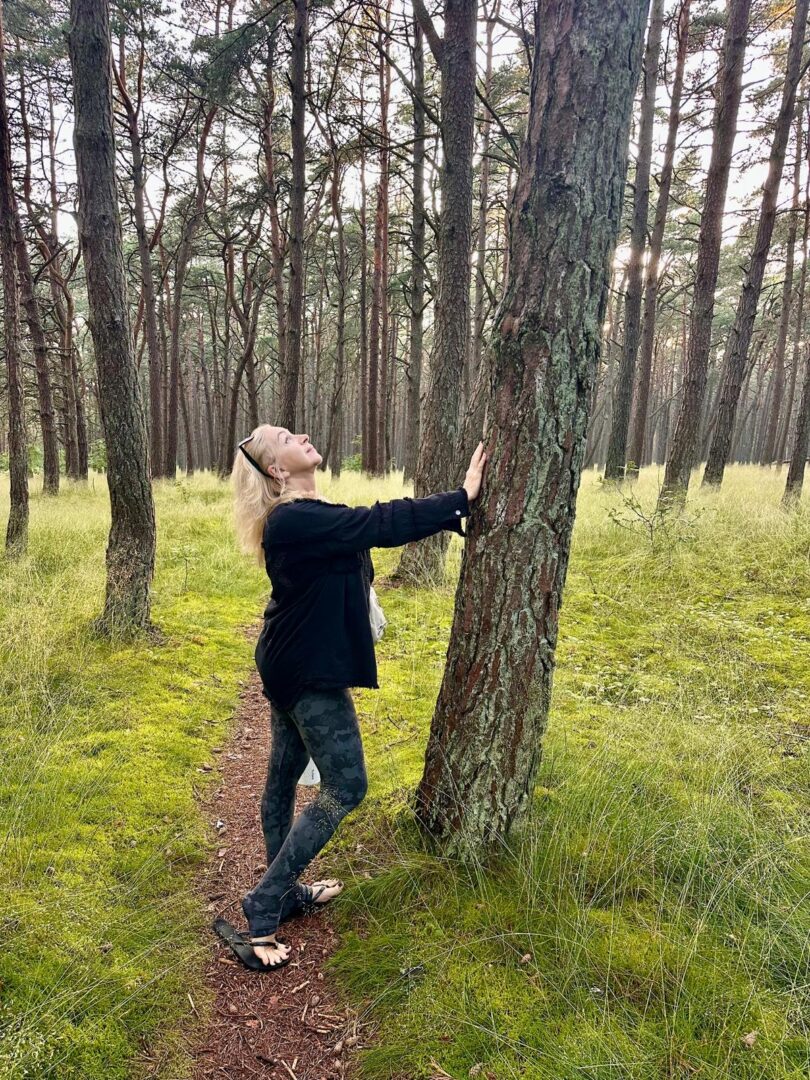
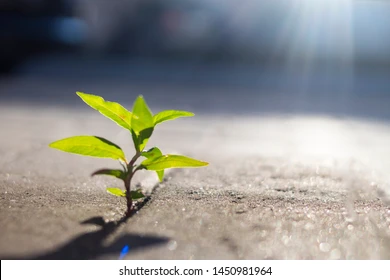
Image Credits
Shutterstock – sprout of grass
so if you or someone you know deserves recognition please let us know here.

